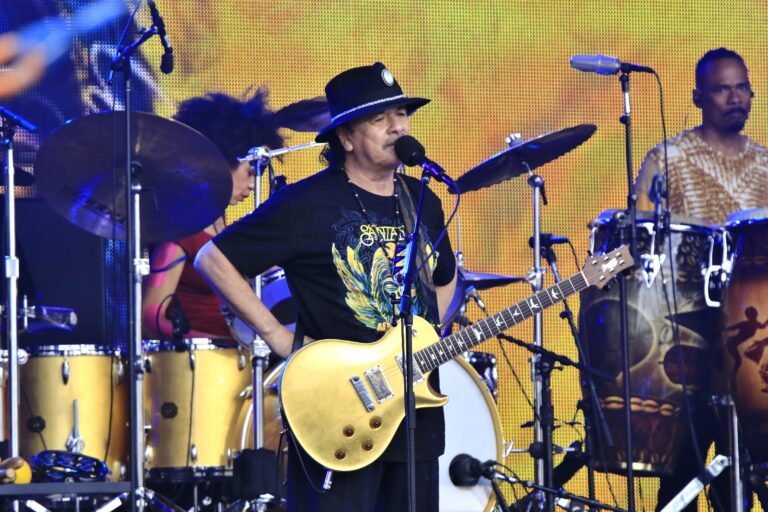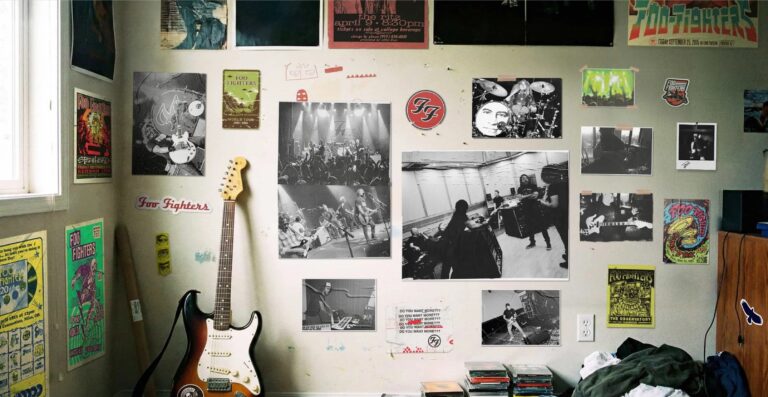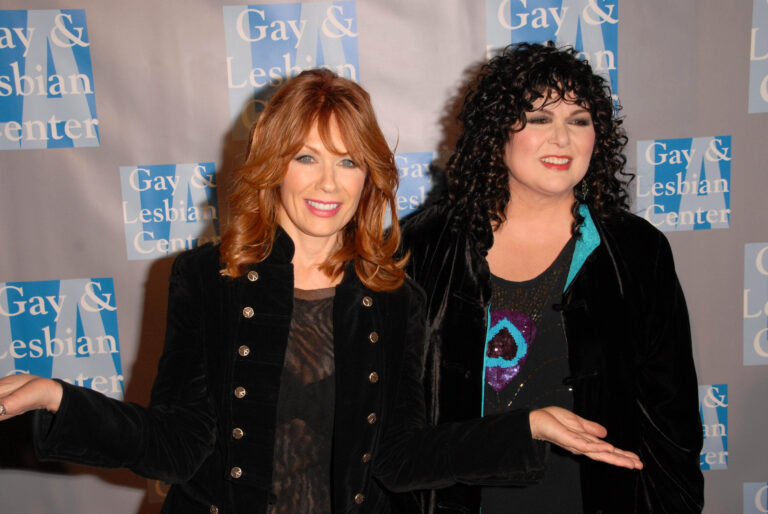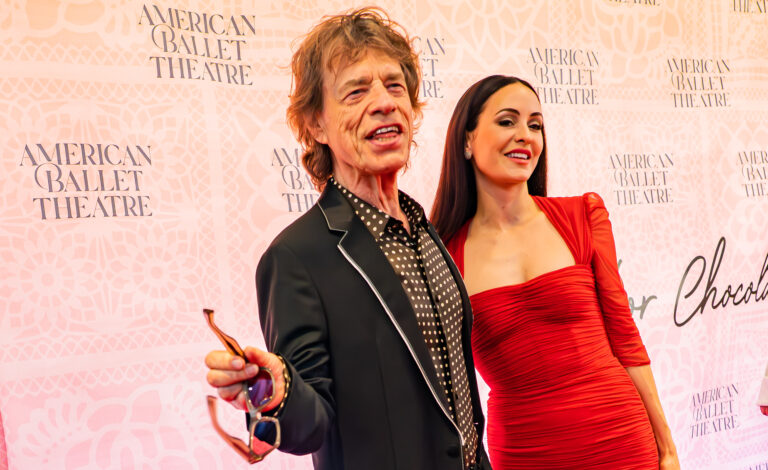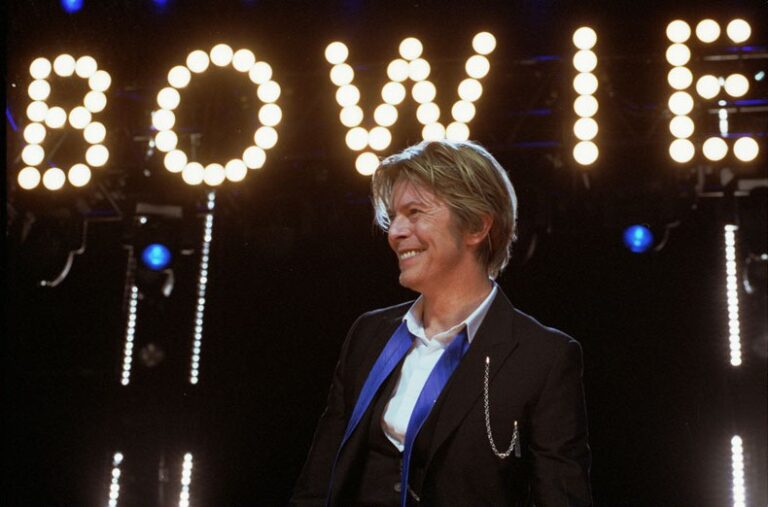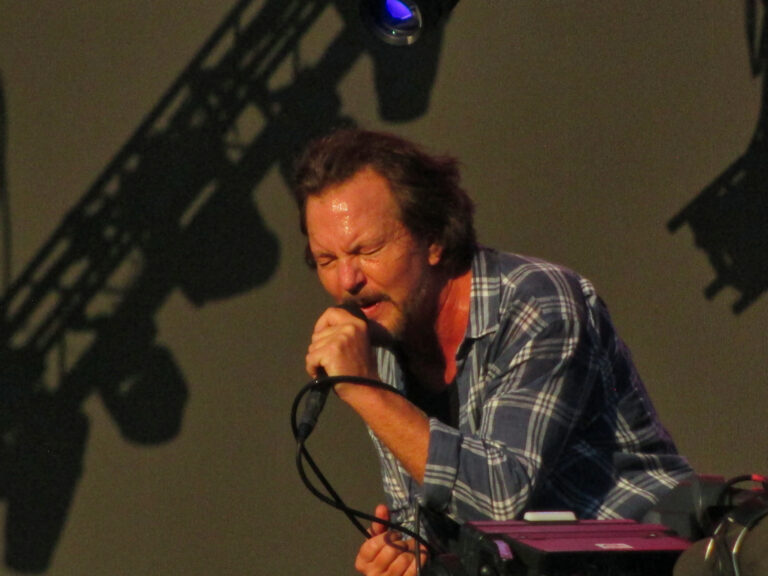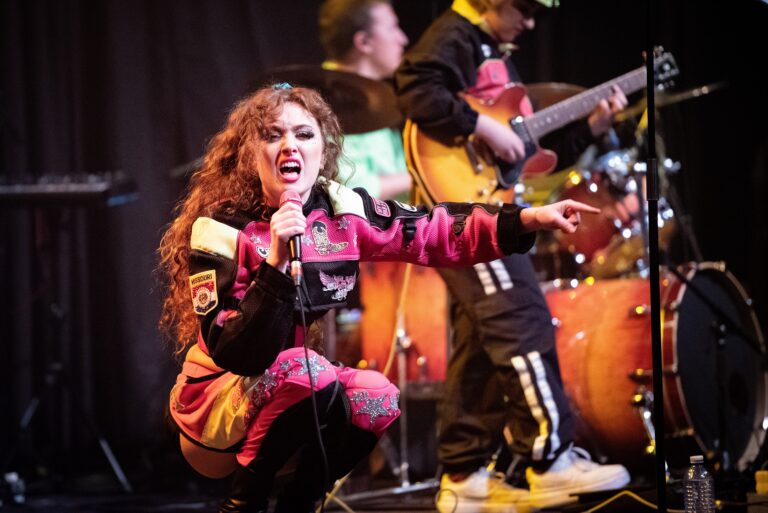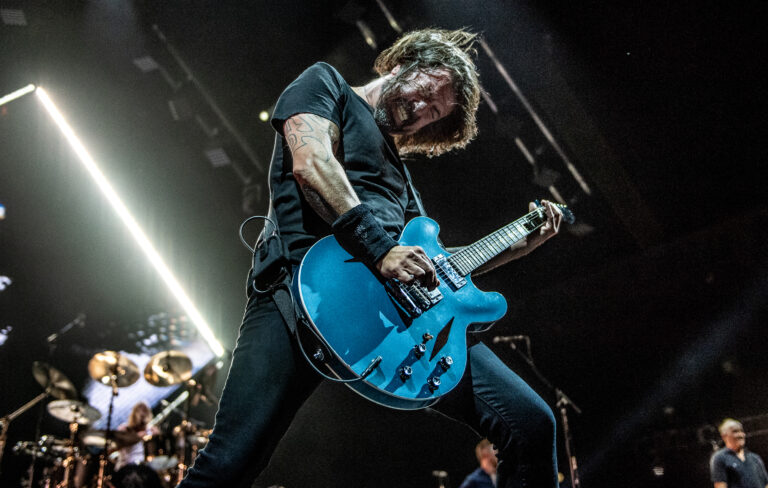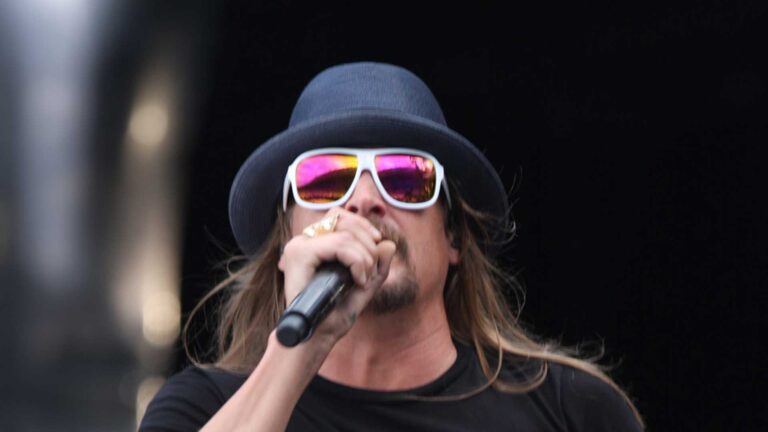
Serena Williams Says Super Bowl Dance Wasn’t Drake Shade
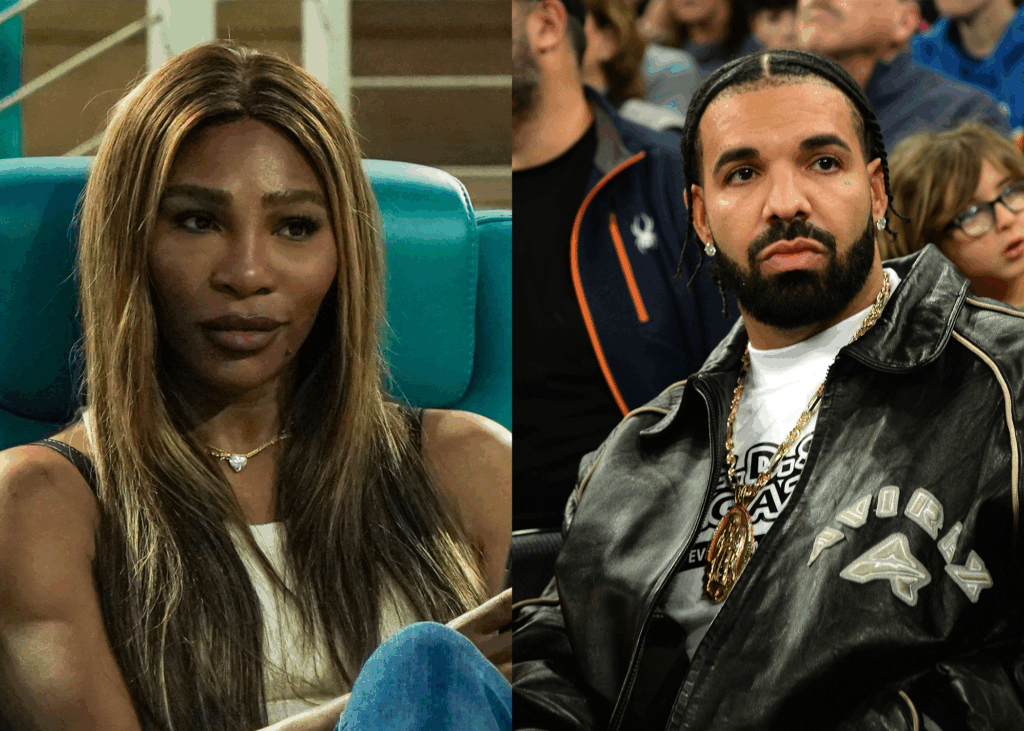
Serena Williams' dynamic presence on and off the tennis court continues to attract significant media attention, especially following her appearance at the Super Bowl. Collaborating with Kendrick Lamar during the halftime show, Williams performed a dance move that sparked widespread debate regarding its perceived targets, particularly Canadian rapper Drake. Williams firmly dispelled any notion that her performance was intended as a slight against Drake. In various interviews, including one with *Time* magazine, she emphasized her history of positivity towards him, explaining the Super Bowl dance was merely an artistic expression, not a veiled ‘diss’ directed at her past acquaintance.
During the halftime spectacle, Williams executed a crip walk while Lamar performed his contentious hit “Not Like Us,” known for its suggestive lyrics towards Drake. Despite the track's background in a musical rivalry between Lamar and Drake, Williams stood her ground on the collaboration’s intent, stating unequivocally in interviews with *People* and *HotNewHipHop* that the dance was devoid of malice. “I would never do that,” she confirmed, referring to the possibility of her performance being misconstrued as antagonistic. Williams expressed disappointment in the misinterpretation, acknowledging while the situation might have been perceived that way by onlookers, it was far from her personal truth.
The Super Bowl dance wasn't Williams’ first brush with controversy over the crip walk. The move, associated by some with gang culture, had previously made headlines in 2012 when Williams used it to celebrate a victory at Wimbledon. At the Super Bowl, this revival of the dance in front of millions highlighted her deep ties to the area where she and Lamar grew up, serving more as a cultural nod than any form of defiance. Her appreciation for Kendrick Lamar's artistic storytelling was also a significant factor in her participation, underscoring a mutual respect growing from their shared Compton roots.
Critics and analysts fueled the media swirl, with responses ranging from accusations of Williams promoting gang affiliation to simply backing Lamar in his lyrical feud with Drake. Despite receiving 125 Federal Communications Commission complaints post-performance, Williams remained unapologetic, declaring she was promoting creativity, not controversy. Lamar’s halftime show gig included renowned artists, accentuating Williams’ cameo as more than just another name on the guest list but as a pivotal part of the narrative being shared with the world.







